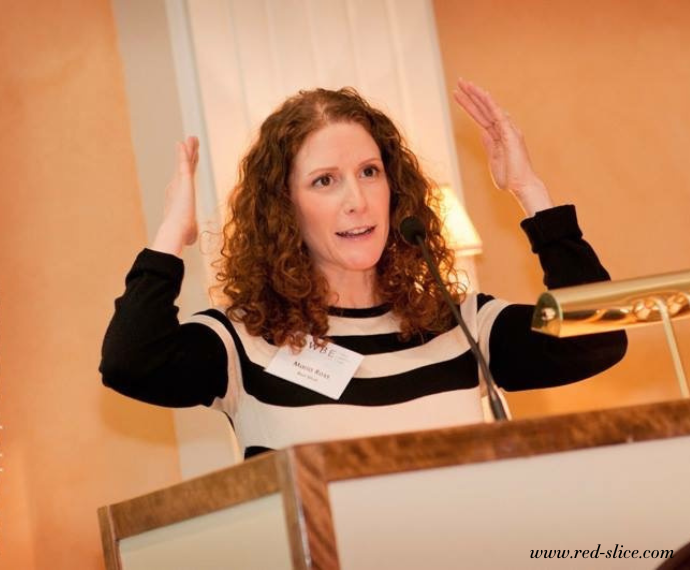This is a guest post, by Sam Cortez. She is a freelance journalist and has held previous internships at 20/20 magazine, Marie Claire, the NY Daily News, and Parenting magazine.
Globalization is an exciting strategy that can significantly improve a company’s revenue and brand reputation. It, however, does not come without challenges.
While the company’s structure readjusts to accommodate the new market, its leadership is also required to navigate the new globalized business landscape efficiently.
Since business executives are the primary decision-makers in their organizations, it is recommended that they are equipped with the necessary leadership skills before commencing an international expansion.
What are leadership skills for global expansion?
Most leaders have their education and work experiences in the same country, which means they are more familiar with their home country’s culture and business operations than other nations across the globe.
Meanwhile, companies with a global presence will likely have more than one headquarters. Managing these various offices, along with the cultural diversities, requires a flexible mindset.
Leadership skills for global expansion are a set of soft skills business executives must acquire to effectively handle business operations in countries other than their home countries. They help to manage growth and tackle challenges in the new market.
Below are the skills you need to succeed as a leader of a multinational company:
Strong cross-cultural communication skills
Any leadership role in a multinational company will require working in a diverse workplace with people from different countries and cultures. It is also possible that some people you will be working with speak a foreign language.
Meanwhile, research states that meaning may get lost in the translation process. This may reduce the effectiveness of information communicated about the market.
Since it might be tough to learn and instantly understand a new language, using accurate translation services can help. This allows effective communication with workers and customers in other countries where your firm operates.
Excellent networking abilities
Acquiring networking skills is vital for people looking to work in an international business. Landing a new job is no different from taking a new product to market, except that, in this case, the product you are selling is yourself.
According to experts, over 70 percent of job opportunities are not published; they are landed through networking.
This skill makes it easier for existing leaders to acclimatize to the new work environment. Networking can offer invaluable insights into the new market beyond what any market research report can indicate.
Effective collaboration
Success in international business requires effective collaboration. The leaders across departments and countries must be able to collaborate. The company must also be able to collaborate with partners in the new market.
It requires the willingness to learn new things and accept others’ views on solutions. As a leader from another culture, you may need to rely heavily on others who understand the new market. This does not mean you are incompetent. It means placing the company’s interest above your ego.
Interpersonal influence
Every leader, irrespective of the size or complexity of the team they oversee, must be able to influence others.
This skill is even more important for business executives as they might be in charge of pitching to secure funds or present the company’s goal for a new expansion. You need to know what you are doing before influencing others to come on board.
Workers are best productive when they understand the company’s goals and what they can contribute to achieve them.
Interpersonal influence is a result of good professional relationships, which is only achieved when you can command the respect of your team members. People value leaders that treat every member equally.
Emotional intelligence
Emotional intelligence (also known as EQ) is the ability to understand and manage your own emotions. Emotionally intelligent people can also accurately interpret and influence others’ emotions.
Many modern businesses value EQ above IQ. Over 70 percent of employers believe employees with high EQ are more likely to stay calm under pressure and manage co-workers with empathy.
There are four competencies you will need to improve your EQ:
- Self-awareness
Ancient Greek Philosopher, Socrates, advised, “Know thyself.” Self-awareness is the ability to understand your strength and weaknesses. It also requires you to understand the impact of your emotions and strategic decisions on your team’s performance. - Self-management
Emotions are easier to manage when there are no challenges. Self-management, however, is the ability to be able to keep your emotions in check even when there are challenges that seem insurmountable. As a leader, you are the light of your team; your emotion and body language significantly influence their actions during a hard time. - Social awareness
Social awareness is the ability to quickly grasp the emotions and dynamics in your organization and new market.
This is best achieved through empathy, putting yourself in others’ shoes, and understanding why they act the way they do. - Relationship management
This is the ability to influence others. It is crucial for effective conflict resolution. No matter how insignificant, resolving conflicts in your organization as soon as possible is important. Unaddressed conflict can result in gossip and other unproductive activities.
photo: Unsplash












